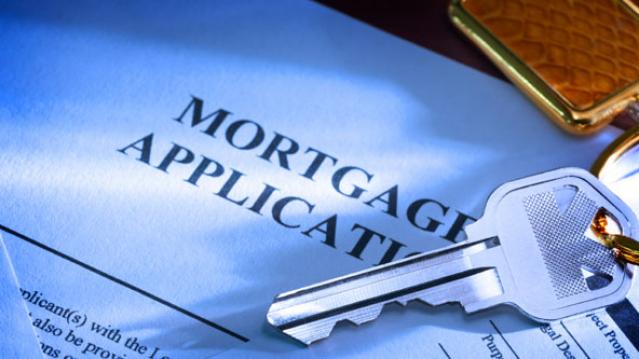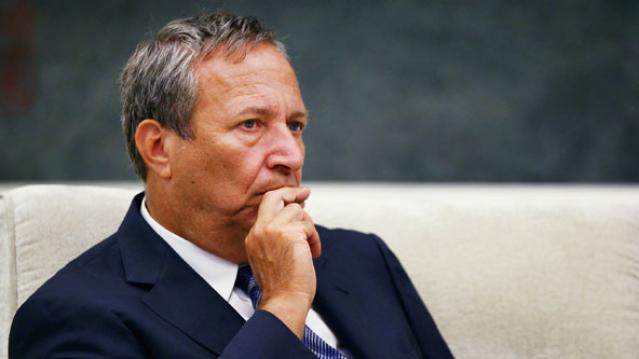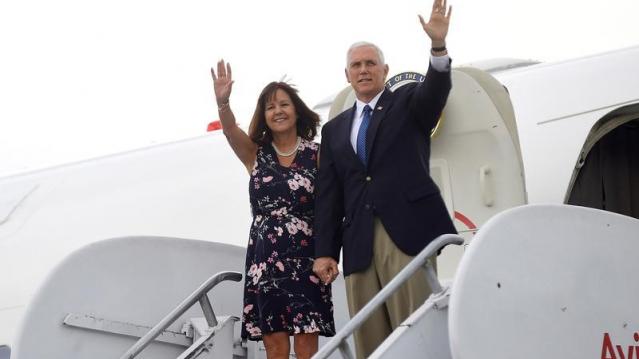Looking to Buy a Home? Do This First

Buying a home is stressful enough without getting blindsided with a higher-than-expected rate on your mortgage — or outright rejection — due to a low credit score or errors on your credit report.
Even so, only half of recent home buyers said they checked their credit report early on in the homebuying process, according to a report released by Experian.
That can make for some nerve-wracked meetings with lenders. About a third of those surveyed said that their credit score surprised them, and a fifth of buyers said their score was lower than expected. Fourteen percent of homebuyers found something negative on their credit report that they didn’t know about.
Related: Why Your Credit Score Is the Most Important Number in Your Life
A low credit score can have costly consequences. A borrower with a FICO score of 760, for example, would pay $1,360 per month on a $300,000 loan, while a borrower with a score of 759 would pay $1,397 per month on the same loan. That difference will add up to more than $10,000 over the life of a 30-year mortgage.
Forty-five percent of future homebuyers surveyed by Experian said that they had delayed purchasing a home in order to work on their credit and qualify for better rates.
If your score is lower than expected, first check the report for errors and contact the credit bureaus about correcting them. If you’ve been dinged for a single missed payment, call your credit card company to see if it will remove the incident from your reports. Then focus on making on-time payments and paying down any high balances to get your debt-to-income ratio below 25 percent.
Quote of the Day - October 16, 2017
Speaking at a cabinet meeting on Monday, President Trump said:
"Obamacare is finished, it's dead, it's gone ... There is no such thing as Obamacare anymore."
Click here for the video.
Poll: Trump Tax Cuts Favor the Wealthy; Deficit Should Be Higher Priority
Trump and the GOP still have work to do if they want to convince Americans that their tax plan won’t mostly help the rich. A CBS News Nation Tracker poll released Sunday finds that 58 percent say the tax reforms being discussed favor the wealthy, while 19 percent say it treats everyone equally and 18 percent say it favors the middle class.
The poll also found that 39 percent say that cutting the deficit should be a priority, even if it means taxes stay the same. About half as many people said cutting taxes should be prioritized even if the deficit rises.
The poll, conducted by YouGov, surveyed 2,371 U.S. adults between October 11 and 13. Its margin of error is 2.5 percent.
Coporate Tax Cut Could Be Phased In
House tax writers (at least some of them) are worried that slashing the corporate tax rate found will push the deficit higher in a hurry – an analysis by the Tax Policy Center found that cutting the rate to the stated goal of 20 percent would cost $2 trillion over a decade. One way to soften the fiscal blow would be to phase in the reduction over three to five years. House Republicans say such an approach would reduce the size of the lost revenue by half.
Larry Summers: GOP Tax Claims Are 'Made-Up'

Former U.S. Treasury Secretary Lawrence Summers isn't happy with the Republican tax plan, and it's not just because he has a different set of ideas as a Democrat. More fundamentally, he says Republicans are making false claims: “When you have -- and I hate to be in a position of using this word about our government -- when you have senior economic officials making claims that are made-up ... it’s very hard to have a dialogue, and compromise, and get to a good place.”
Summers is also worried about the effects of a tax cut for the rich during a time of considerable social turmoil: “There’s a lot of unhappiness and anger out there … It’s really hard to see why focusing a corporate tax cut on those at the very high-end is going to do much to assuage that anger.”
How Much Did Mike Pence’s NFL Walkout Cost Taxpayers?

Vice President Mike Pence’s decision to attend an NFL game between the Indianapolis Colts and San Francisco 49ers yesterday and then leave after some 49ers players kneeled during the national anthem was quickly criticized by some as a planned piece of political theater — and a somewhat expensive one at that. “After all the scandals involving unnecessarily expensive travel by cabinet secretaries, how much taxpayer money was wasted on this stunt?” Rep. Adam Schiff (D-CA) tweeted Sunday afternoon.
The answer, CNN reports, is about $242,500: "According to the Air Force, flying a C-32, the model of plane used for Air Force 2, for one hour costs about $30,000. Pence's flight from Las Vegas to Indianapolis Saturday took about three hours and 20 minutes, so it cost about $100,000. Pence then flew from Indianapolis to Los Angeles on Sunday, which took about four hours and 45 minutes, costing about $142,500."
President Trump defended Pence’s trip, tweeting that it had been “long planned.” CNN also reports that some of the costs of Pence's flight from Indianapolis to Los Angeles will be paid back by the Republican National Committee because the vice president is attending a political event there.
